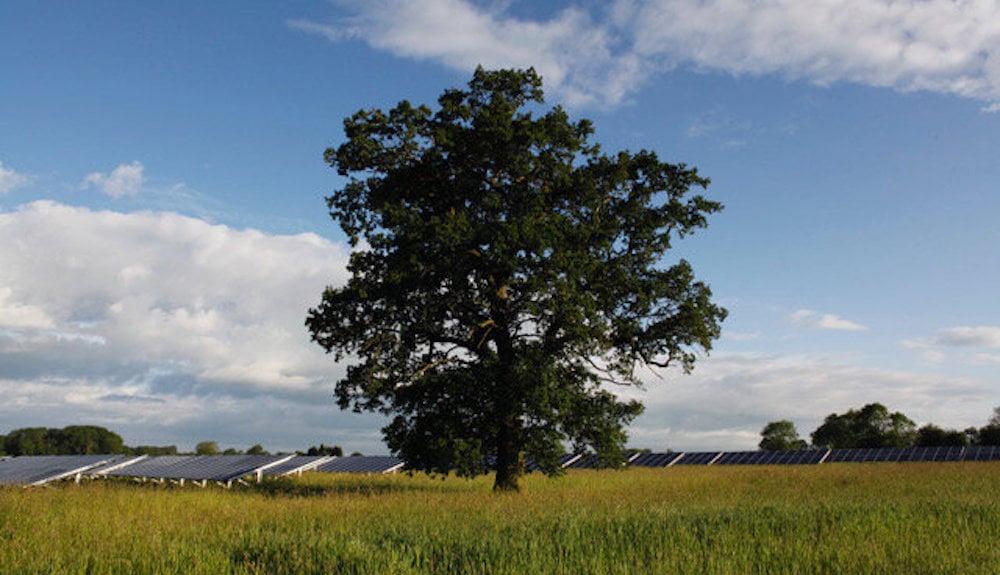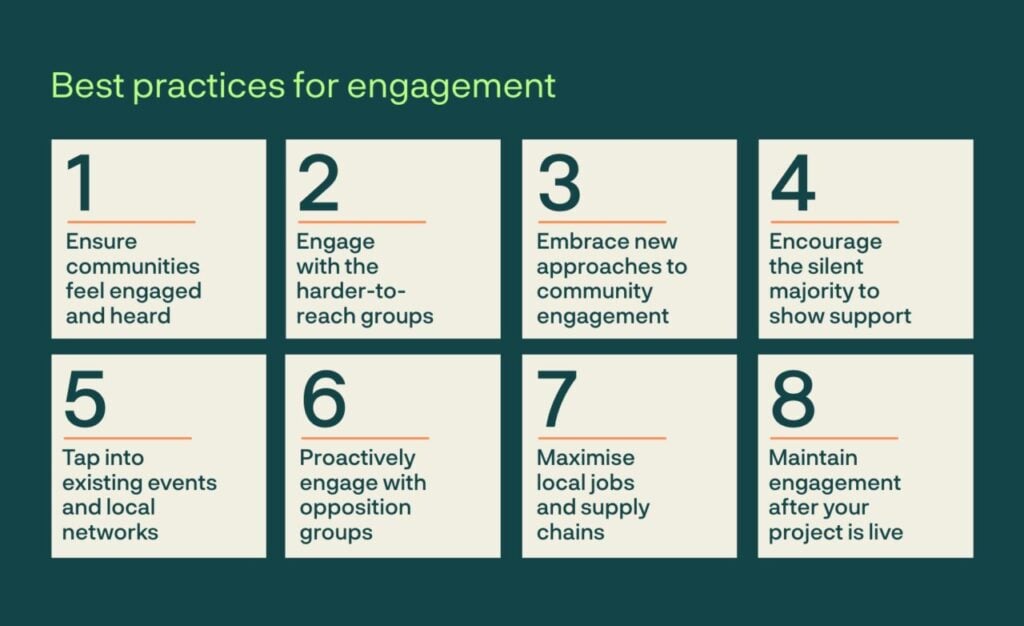
Good community engagement practice from renewables developers can establish a mutual understanding with local communities, scoring support for renewable energy projects.
To encourage this, and in the name of its goal to support a just transition, non-profit energy organisation Regen has published a best-practice guide to community engagement for renewable energy and storage projects.
According to Regen, engagement practices can vary significantly across technologies, organisations and local context. However, it is important that communities are genuinely informed and involved in plans for energy projects in their area.
The guide, Best Practice in Community Engagement, aims to support what the organisation calls “a more consistent, thoughtful and transparent approach to engagement”.

Regen’s planning lead, Rebecca Windemer, said: “We know that good community engagement isn’t just a tick-box exercise; it’s central to building consent, credibility and long-term local benefit.
“This guide is about sharing what works across the sector, helping raise the standard of engagement, and supporting both communities and developers to navigate the energy transition in partnership.”
One crucial element explored in the guide is community benefit, whereby developers make a voluntary commitment to support the area in which they intend to build.
Regen argues that community benefit discussions must be kept separate from the planning process, which should focus on the project’s technical, environmental and regulatory aspects.
Instead, community benefit discussions should run in parallel to ensure the benefit delivered aligns with local needs and demonstrates a commitment to supporting local communities.
One suggestion the paper makes is shared ownership as a form of community benefit, enabling communities to directly benefit from renewable generation in their area. This can lead to “substantially” more income for the community than a community benefit fund and give communities a greater stake in the success of a project.
The guide uses the Forest Gate solar PV plant developed by Eden Renewables, a 49.9MW solar and BESS project in North Wiltshire, which will be up to 20% community-owned, as a case study for the success of such schemes.
Solar PV opposition and misinformation
Regen points out that opposition groups are often well organized and effective at influencing those on the fence about a project, even spreading misinformation that fuels resistance.
Proactive engagement is the way to overcome this. Developers should understand and acknowledge common objections such as visual impact, noise and land use; addressing these issues early in the consultation process can prevent conflict, Regen says.
The latest issue of the PV Tech Power journal focuses on the growing backlash against solar PV development from local communities. The journal is available with a Premium subscription on PV Tech or Energy-Storage.news, or a Premium-Plus subscription to both paywalled sites.
Our publisher Solar Media will host the UK Solar Summit on 1-2 July this year. Join us at the UK Solar Summit 2025 for your essential annual update to discover how your business can thrive in this dynamic and fast-growing sector.

